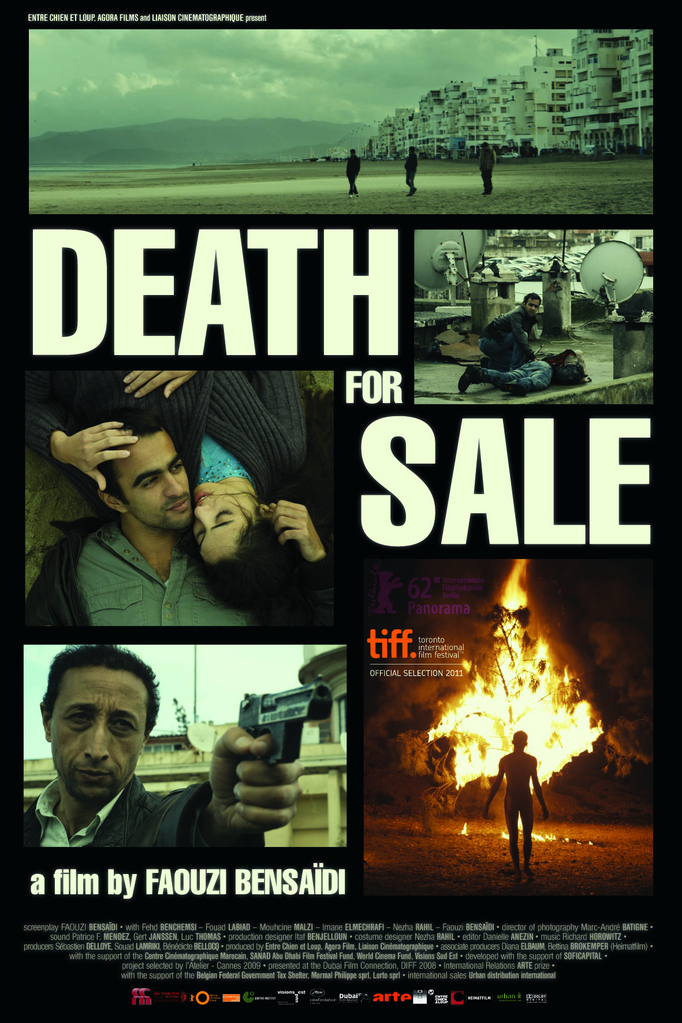 From the first scene, a bizarre musical number involving dancers emerging from the mouth of a giant fish, to the last, an old man being physically sick at the memory of his actions (whether genuinely or not is unclear), The Act of Killing is a riveting, at times, unbelievable piece of documentary film making.
From the first scene, a bizarre musical number involving dancers emerging from the mouth of a giant fish, to the last, an old man being physically sick at the memory of his actions (whether genuinely or not is unclear), The Act of Killing is a riveting, at times, unbelievable piece of documentary film making.
In 1965, the height of the Cold War, a section of the Indonesian military staged an unsuccessful coup. It was very quickly blamed on the influence of the then powerful Indonesian communist party. A massive campaign of killing targeted anyone suspected of being a communist, including trade unionists, farmers, intellectuals and ethnic Chinese, or anyone unlucky enough to be on the wrong side of a score that needed settling.
Up to a million people were murdered. The main assailants were paramilitary death squads. The killing was out of control and chillingly low-tech in its nature. As the film states at the beginning, the men who carried it out “have been in power and have persecuted their opponents ever since.”
US director, Joshua Oppenheimer, asked two of these men from Medan in North Sumatra, to recreate their actions on film. They do it with an enthusiasm that is sometimes hard to watch.
You can read the rest of this review here at the website for Overland Magazine.… Read more























